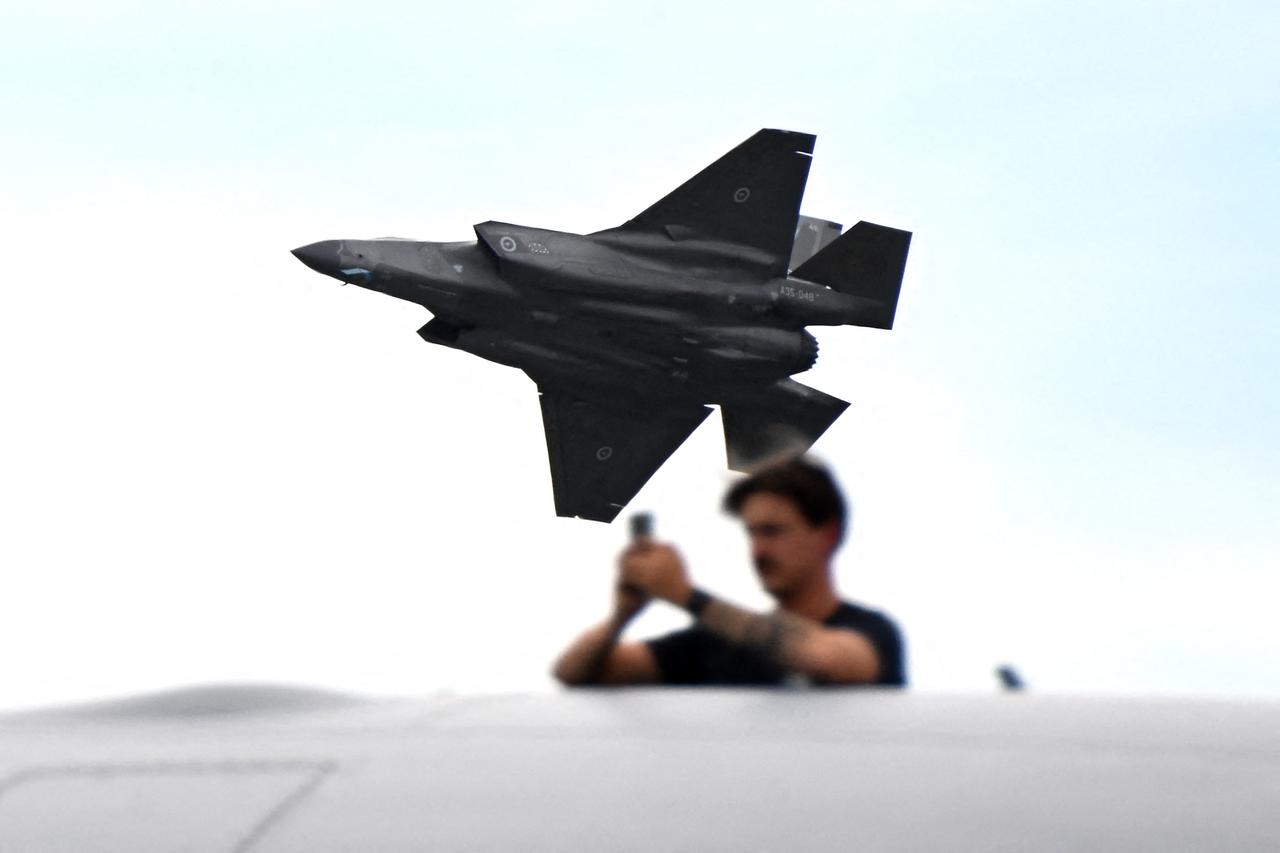
Türkiye's quest to rejoin the F-35 fighter jet program faces significant hurdles in the U.S. Congress despite renewed diplomatic engagement with Washington, according to a defense analyst who warned that Ankara's indigenous fighter program also confronts critical engine supply challenges.
Barin Kayaoglu, an assistant professor of American Studies at the Social Sciences University of Ankara, told Türkiye Today that congressional opposition remains a formidable obstacle to Türkiye's already acquired fifth-generation stealth fighters, which did not receive due attention after being expelled from the program back in 2019.
"There is going to be a fight over this in the U.S. Congress. Whether (President Donald) Trump could persuade his allies in Congress over this is hard to foresee right now. It might be the case that, if Türkiye agrees to follow through with the F-16 purchase and then does something with the S-400 that could satisfy first the Trump administration and then enough members of Congress, then it might have a shot at the F-35s. But frankly, I'm not holding my breath," Kayaoglu noted in the interview.
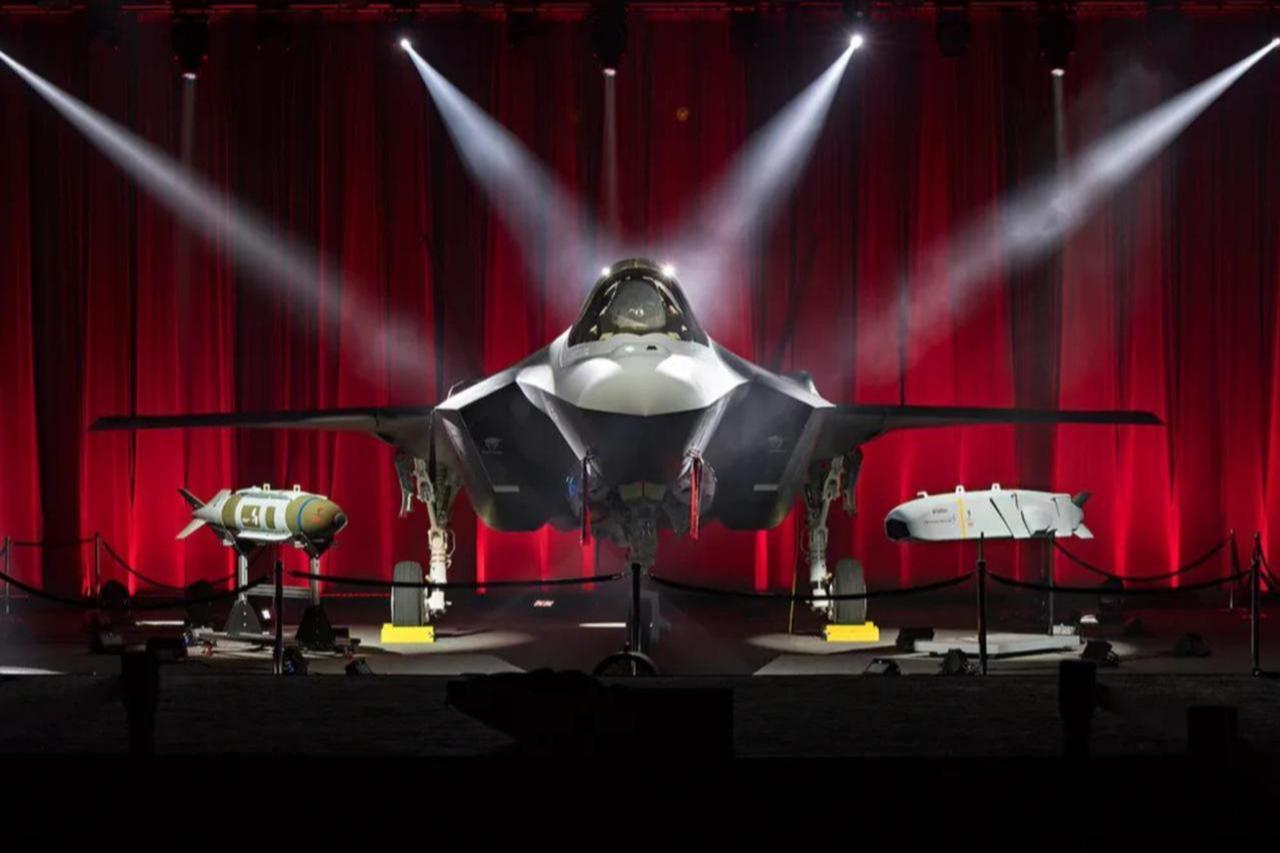
The comments came after Foreign Minister Hakan Fidan stated that Türkiye is "waiting to receive F-35s" currently held up in the U.S. Congress. Türkiye paid approximately $1.4 billion into the F-35 program before its removal following Ankara's acquisition of Russian S-400 air defense systems.
The purchase triggered sanctions under the Countering America's Adversaries Through Sanctions Act (CAATSA) and led to Türkiye's expulsion from the multinational fighter program in 2019.
When asked about Türkiye's potential pathways back to the F-35 program, Kayaoglu expressed skepticism about the prospects for success, despite ongoing diplomatic efforts.
Türkiye's domestic KAAN fighter jet program faces its own challenges, particularly regarding engine procurement. The aircraft currently relies on General Electric F110 engines, but export licenses remain suspended amid ongoing tensions.
"There does not seem to be an issue with the engines for the five prototypes that Turkish Aerospace Industries (TAI) will roll out before mass production starts. Ankara already obtained those. For the first Block 10 of Kaans, however, the F110 engine is critical and no Block 10s can be ready without them unless alternatives are found, which would bring its own problems," Kayaoglu stated.
When discussing alternatives, Kayaoglu noted that Türkiye is considering expediting development of its indigenous TF-35000 engine if U.S. engines don't materialize. However, he cautioned about the complexity of such an undertaking.
"There is talk of 'expediting' the Turkish-made TF-35000 engines if the U.S. engines do not come through, but making engines and then integrating them to an aircraft is as hard as developing and getting an aircraft ready for mass production. Alternatives, TF-35000 would be the only real alternative if the GE F110 does not arrive. I'm not sure if P&W (also an American company) or Rolls-Royce engine would be possible," Kayaoglu stated.
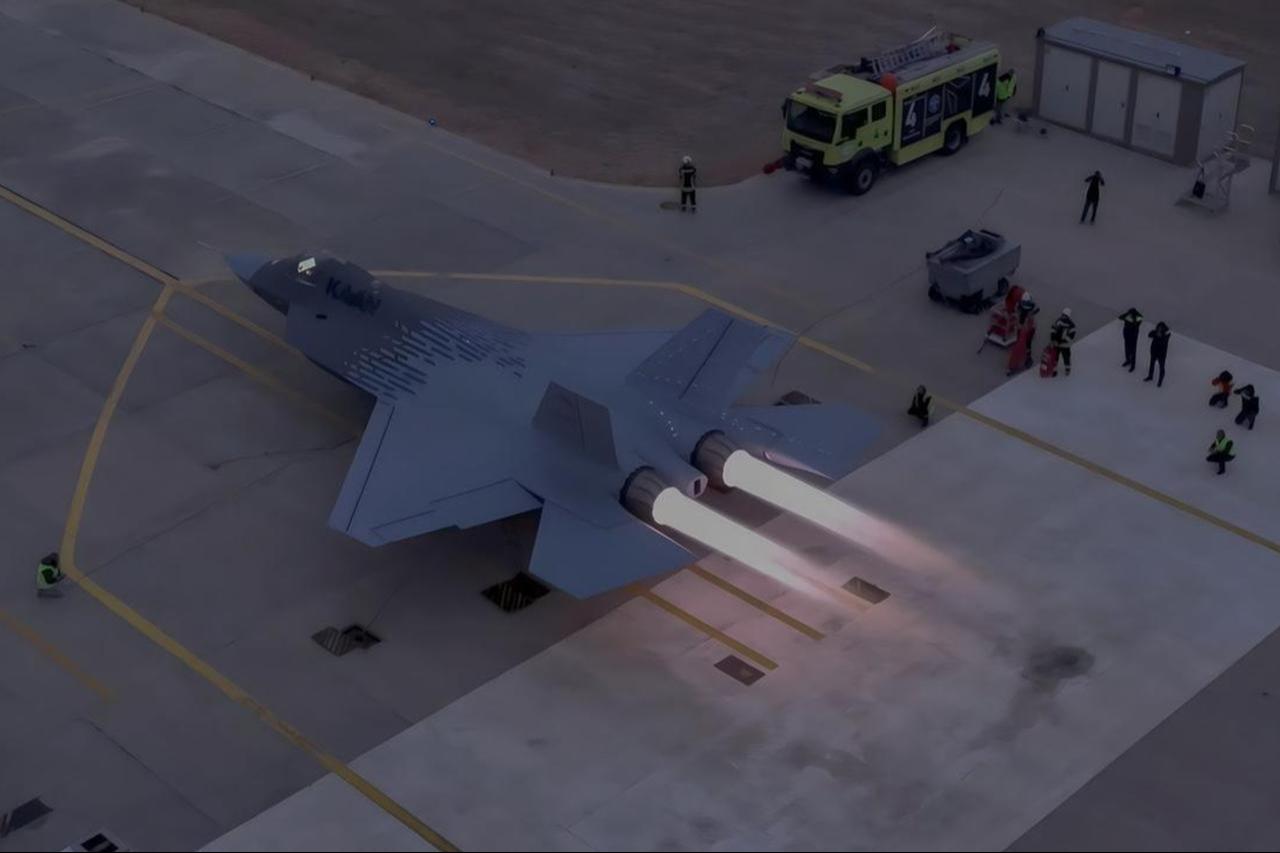
A proposal for Turkish drone manufacturer Baykar to establish a production facility in the United States represents significant news, according to Kayaoglu, though he cautioned about potential obstacles from established American defense contractors.
"It's big news no doubt. Repkon has been building factories to produce 155 mm shells for the U.S. Army, but the Baykar story is an even more important one. I'd love to see an official decree from the Turkish government to make such an investment by Baykar conditional upon Washington lifting sanctions on Ankara, but it might end up not being so effective," Kayaoglu added.
He noted that Baykar's joint venture with Italy's Leonardo SpA could potentially build the facility, but warned of resistance from domestic competitors.
"While we think of Baykar Tech here in Türkiye, Baykar's joint venture with Italy's Leonardo SpA (LBA Systems) could actually build that factory in the U.S. Of course, the problem for Baykar or LBA System would be that U.S. 'bigwigs' such as General Atomics, Lockheed Martin, Boeing, and Raytheon, as well as recently built and rapidly expanding ones such as Anduril, will work with Congress to slow down if not prevent altogether such a 'new kid in town'," Kayaoglu added.
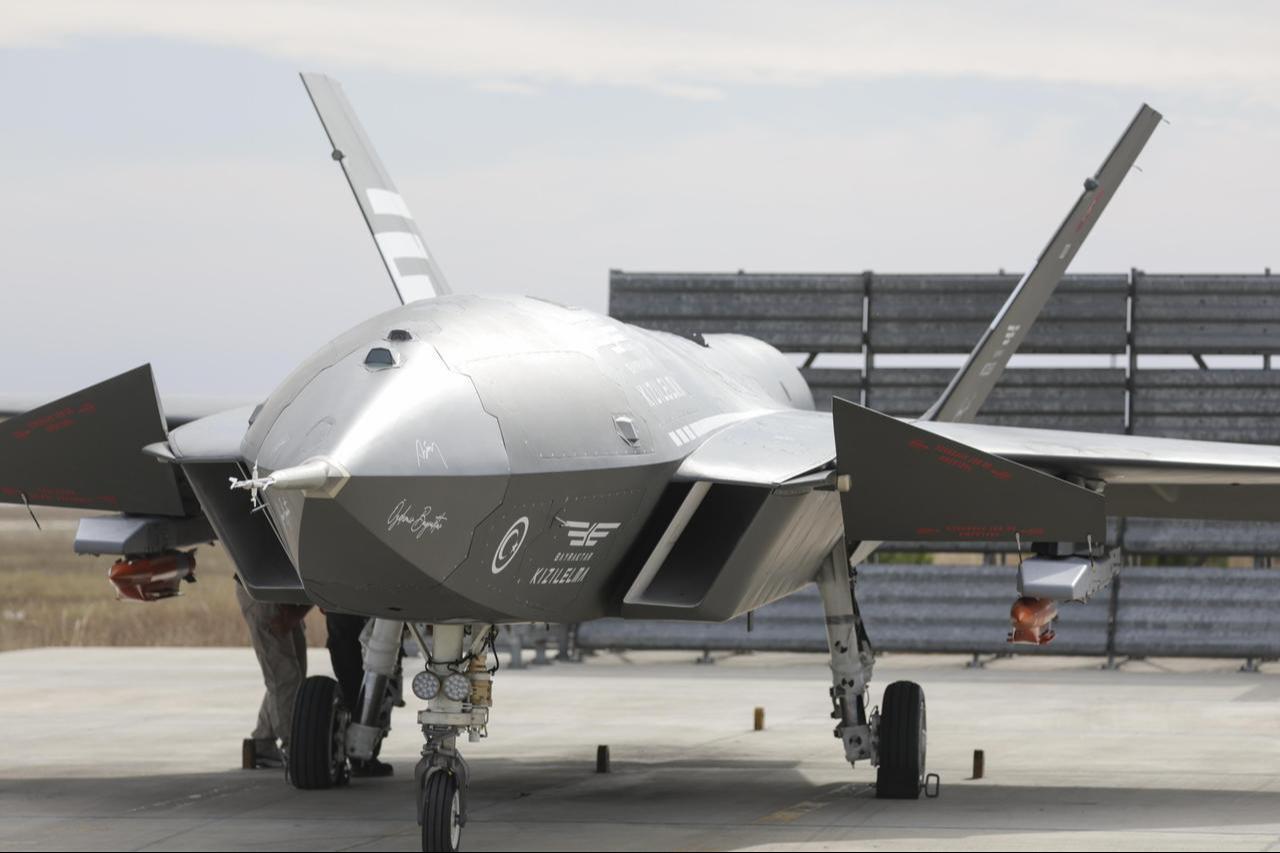
Türkiye's parallel negotiations for F-16 Block 70 fighters and Eurofighter Typhoons reflect ongoing uncertainty about its air force modernization plans. When asked about the long-delayed F-16 Block 70 sale and its alignment with Eurofighter efforts, Kayaoglu expressed doubts about the status of negotiations.
"I haven't seen anything solid about this. Nothing that the final sales are about to be complete," he said.
Kayaoglu outlined competing perspectives within Türkiye regarding procurement strategy.
"The first issue is news stories that Ankara wants to prioritize acquiring F-35s and then maybe also get F-16s at some point in the future. If Türkiye does go for the F-16 as well, there are two schools on the specifics of this matter: One, Türkiye should get both F-16s and EF Typhoons because the latter is an excellent air superiority fighter and can outclass some of the aircraft in countries that threaten Türkiye. Two, Türkiye does not have that sort of money and should focus its efforts solely on F-16s and maybe F-35s and everything else on Kaan and Hurjet," Kayaoglu noted.
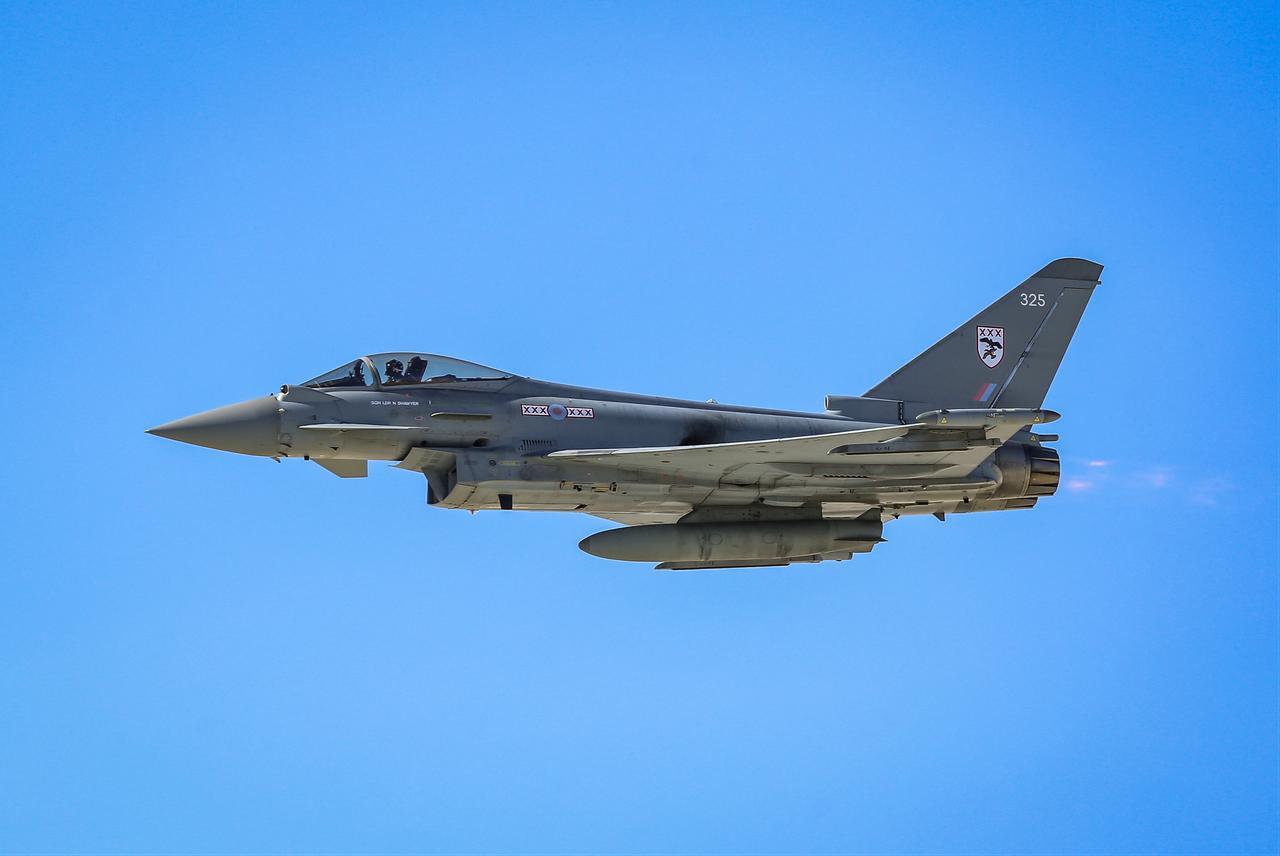
When asked about credible pathways for Türkiye to regain access to fifth-generation aircraft through the U.S., Kayaoglu reiterated his skepticism while acknowledging the potential impact on the KAAN program.
"If Türkiye acquires F-35s, that would ease the pressure on KAAN's development and that would be a good thing. If the Americans won't budge, then by definition all 5th-gen efforts will be on KAAN," Kayaoglu noted.
Regarding prospects for a broader reset in U.S.-Türkiye defense relations, Kayaoglu acknowledged recent high-level engagement but remained cautious about concrete outcomes.
"Hard to answer the broad question on a 'reset' right now. As I discussed in my Al-Monitor article on Sunday (Sept. 28), that the two leaders met is a big deal. And President Erdogan appearing at the helm of that table with President Trump at the meeting with the leaders of Arab and Muslim countries suggests there is an element of comity between the Turkish and U.S. presidents," he said.
However, he noted unmet expectations from the meeting: "But there was some expectation that there would be a clearer picture on F-16s, F-35s, the F-101 and F-404 engines after the two leaders' meeting. However, besides the LNG and modular nuclear reactor deals, it's not clear what, if anything, will happen."
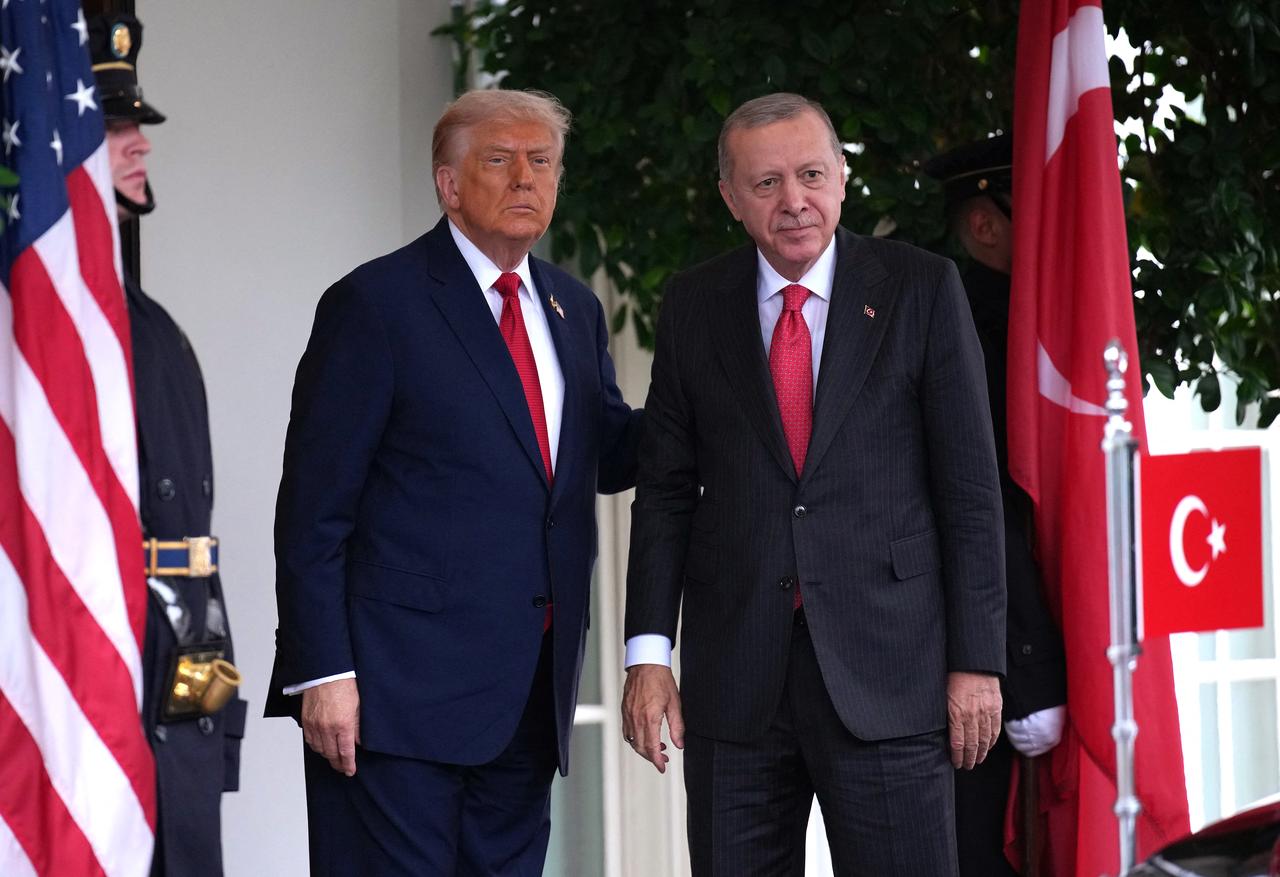
The S-400 air defense system continues to be the primary impediment to normalized defense relations, according to Kayaoglu. He explained that the U.S. insists on Türkiye "offloading" the system entirely.
"The U.S. will insist on Türkiye 'offloading' the S-400 until Steel Dome reaches fruition. Ankara might want to hold on to the S-400 even though Mr. Arda Mevlutoglu explained on my YouTube channel on Sept. 25 why Türkiye actually might have never needed the S-400 from a military-technical perspective. But once there are enough Sipers and Hisars, S-400 will become redundant," Kayaoglu answered.
When discussing alternatives, he noted that previous proposals have failed to meet U.S. requirements.
"Alternatives, there was an idea last year to deploy the S-400 into Incirlik base to assuage the American side, but that might not satisfy the U.S. CAATSA and NDAA sanctions. The Americans want the system to be taken out of the Turkish inventory," Kayaoglu answered.